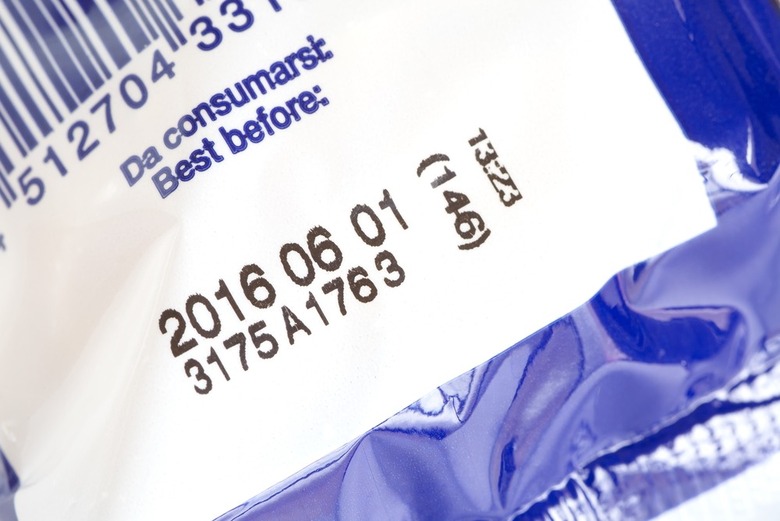Misunderstood 'Best Before' Dates Lead To Widespread Food Waste
Consumers' adherence to "best before" dates on groceries is enabling billions of dollars in food waste around the world, most likely because shoppers are not quite clear what those dates mean.
The issue, which has been discussed at length by the United Nations, the U.S. government, and during talks at Expo Milan (formerly known as the World's Fair), has become of increasing importance as world leaders prepare for a global population of nine billion by the year 2050 as well as ongoing problems of food insecurity as a planet.
Earlier this year, EU health and food safety commissioner Vytenis Andriukaitis urged citizens to "respect people who produce food by not throwing it away, [and] not buying huge quantities and leaving them to rot in a fridge."
A major issue that keeps shoppers beholden to such dates, food scientist Gary Sandberg told the Global News, is that "best before" dates are often treated as expiration dates, even though the two labels should be handled differently. In reality, "best before" dates only relate to quality and not food safety, Sandberg said. Although your refrigerator and pantry may be filled with items that have passed their "best before" dates, that doesn't mean that they are no longer safe for consumption.
"As long as it's sitting in the package, then it is not going to be a food safety risk, it's going to be more of a loss of quality," Sandberg told the Global News. However, "as soon as you open a package then of course it becomes exposed to the environment. Then it can become contaminated with virtually anything."
